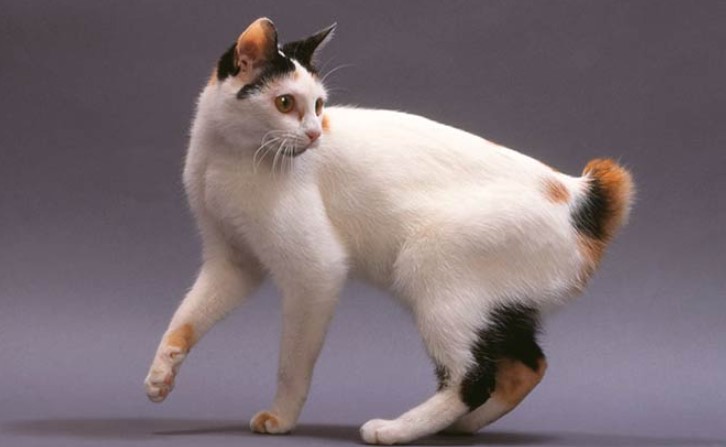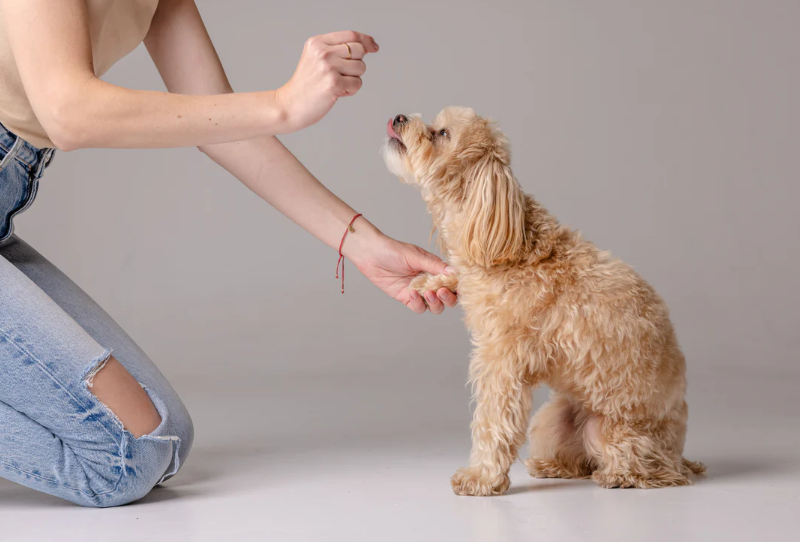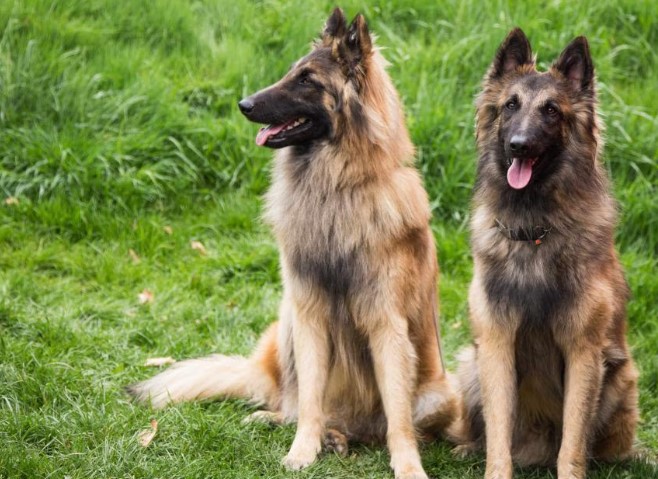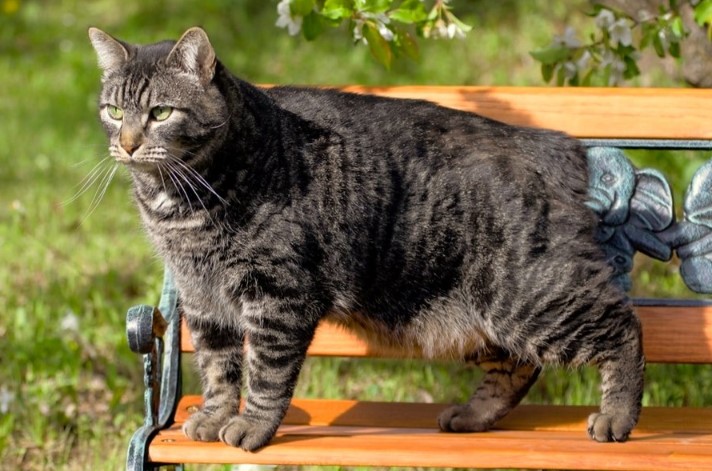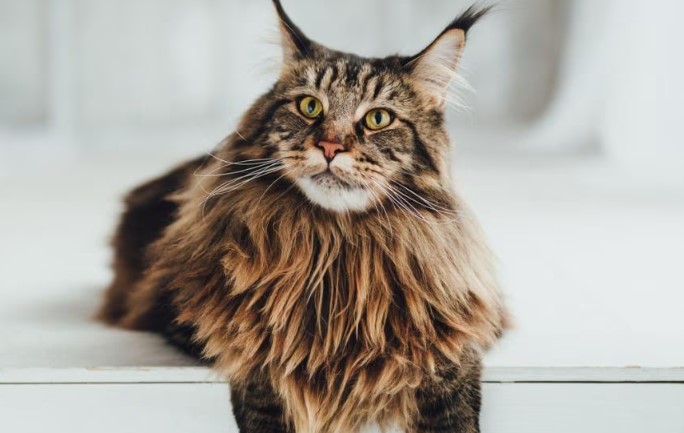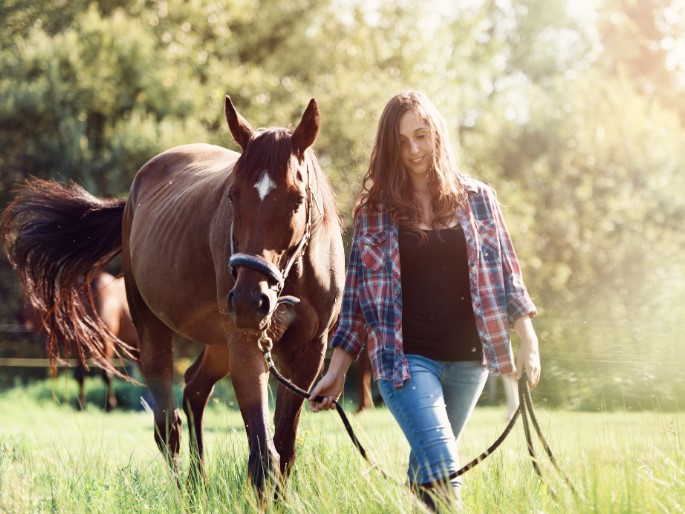
Introduction
Are you considering getting a pet horse? Look no further! This comprehensive Pet Horse Guide is here to provide you with all the information you need to know before bringing a magnificent equine companion into your life. From understanding horse breeds to proper care and maintenance, we’ve got you covered. So, saddle up and let’s dive into the world of pet horses!
Pet Horse Guide: Choosing the Perfect Equine Companion
Understanding Horse Breeds
When it comes to pet horses, various breeds exist, each with its own characteristics and traits. From the elegant Arabian to the strong and muscular Thoroughbred, there’s a breed out there to suit every individual’s preferences and requirements. Understanding the different breeds can help you select the perfect equine companion that matches your lifestyle and aspirations.
Evaluating Temperament and Behavior
One crucial factor to consider when choosing a pet horse is its temperament and behavior. Some horses are naturally calm and well-mannered, while others may be more spirited and energetic. Assessing the horse’s temperament and behavior beforehand ensures a harmonious relationship and minimizes the risk of any unwanted surprises down the road.
Assessing Age and Experience
The age and experience of a horse can play a significant role in determining its suitability as a pet. Younger horses may require more training and guidance, while older horses often come with a wealth of experience and a calmer disposition. Consider your own experience level and the type of relationship you wish to develop with your horse when making this decision.
Pet Horse Guide: Caring for Your Equine Companion
Providing a Suitable Living Environment
Creating a suitable living environment for your pet horse is essential for its health and well-being. Horses thrive in spacious pastures where they can graze and roam freely. Ensure the pasture is secure, well-fenced, and free from any hazards. Additionally, provide a shelter or stable where your horse can seek refuge from inclement weather.
A Balanced Diet for Optimal Health
Proper nutrition is key to maintaining your pet horse’s overall health and vitality. Horses are herbivores and require a diet primarily consisting of grass or hay. Supplement their diet with grains and specialized horse feed to meet their specific nutritional requirements. Consult with a veterinarian or equine nutritionist to develop a well-balanced diet plan for your horse.
Regular Exercise and Mental Stimulation
Just like humans, horses require regular exercise to stay fit and healthy. Engage your pet horse in daily exercise routines such as riding, lunging, or engaging in equine sports. Alongside physical exercise, provide mental stimulation by introducing various toys and activities to keep your horse entertained and prevent boredom.
Pet Horse Guide: Health and Veterinary Care
Regular Veterinary Check-ups
To ensure the well-being of your pet horse, regular veterinary check-ups are essential. Schedule routine visits with a qualified equine veterinarian who can assess your horse’s overall health, administer vaccinations, and provide preventive care against common equine diseases. These check-ups allow for early detection and prompt treatment of any potential health issues.
Dental Care for Healthy Teeth
Proper dental care is crucial for maintaining your pet horse’s oral health. Horses’ teeth continuously grow throughout their lives, making regular dental check-ups and floatation necessary to prevent dental issues and discomfort. Consult with an equine dentist who can assess and address any dental problems your horse may have.
Hoof Care and Farrier Visits
Regular hoof care is vital for a pet horse’s overall well-being. Schedule regular visits with a professional farrier who can trim and balance your horse’s hooves. This ensures proper weight distribution, minimizes the risk of lameness, and promotes healthy hoof growth.
Pet Horse Guide: Frequently Asked Questions
FAQ 1: How do I choose the right horse breed for me?
Choosing the right horse breed depends on various factors such as your riding experience, intended use, and personal preferences. Research different breeds, consider their temperament, size, and activity level, and seek advice from experienced horse owners or trainers to find the breed that best suits your needs.
FAQ 2: How much exercise does a pet horse need?
The exercise requirements for a pet horse can vary based on factors such as age, breed, and overall health. As a general guideline, horses should engage in at least 30 minutes to an hour of exercise daily. However, this can increase or decrease depending on the horse’s individual needs and circumstances.
FAQ 3: How often should I groom my horse?
Regular grooming is essential for maintaining your horse’s coat, skin, and overall cleanliness. Aim to groom your horse at least once a day, focusing on brushing, mane and tail care, and inspecting for any signs of injury or skin issues. Grooming also provides an excellent opportunity to bond with your horse.
FAQ 4: How can I ensure my horse’s safety in the pasture?
Ensuring your horse’s safety in the pasture requires regular inspection and maintenance of the fencing and pasture area. Check for any loose or damaged fencing that could pose a threat to your horse’s safety. Remove any toxic plants or hazards from the pasture, and provide a secure shelter for your horse to seek refuge if needed.
FAQ 5: How often should I schedule a veterinary check-up for my horse?
Ideally, you should schedule a veterinary check-up for your horse at least once a year. However, certain factors such as age, health conditions, and specific activities may warrant more frequent check-ups. Consult with your veterinarian to determine the appropriate frequency for your horse’s specific needs.
FAQ 6: How can I ensure my horse’s hooves stay healthy?
Proper hoof care is essential for maintaining your horse’s hoof health. Regularly inspect your horse’s hooves for any signs of damage, infection, or imbalance. Schedule regular visits with a professional farrier for trimming and balancing. Additionally, provide a clean and dry environment to minimize the risk of hoof-related issues.
Conclusion
Congratulations! You’ve reached the end of our Pet Horse Guide, filled with valuable insights and information for anyone considering a pet horse. By understanding horse breeds, providing proper care, and ensuring regular veterinary attention, you can build a strong bond and enjoy the companionship of your magnificent equine friend for years to come. Remember, horses are remarkable creatures that bring joy, adventure, and a sense of fulfillment to our lives.
Partner Site : Computer Technology, Health And Wellness, Addiction Treatment, Home Maintenance, Home Wine, Healthcare Information, Car Accident, Food Recipes, E-Sports News, Floor Care Advice
